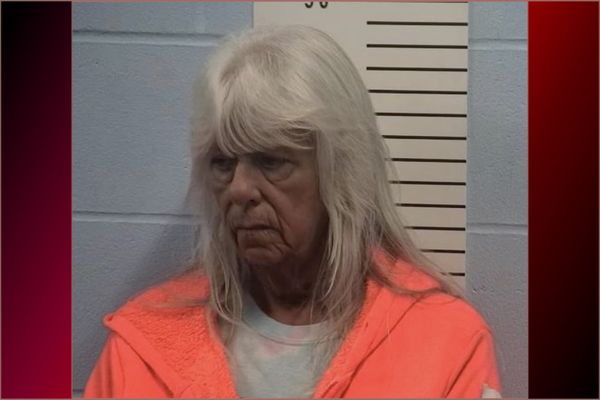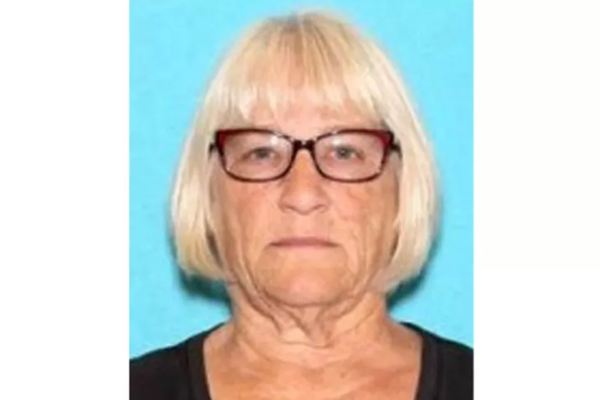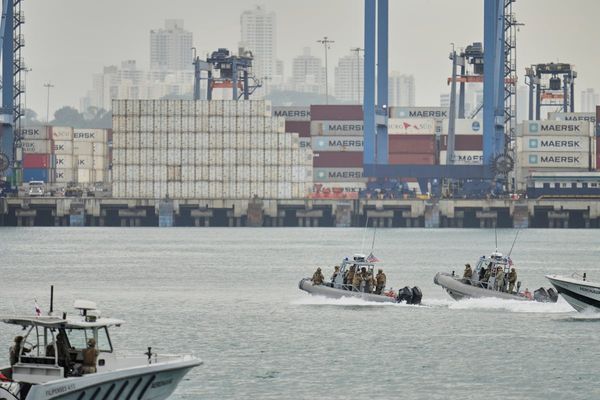Whenever I think back to that first moment when the Syrian revolution began, it feels as though it happened yesterday. That moment planted an unshakable faith within us, despite all the oppression, betrayal, and heartbreak we’ve endured. It was the birth of a dream, one whose shape we couldn’t yet see but whose presence was undeniable. We believed we were living an historic moment - one that would shape a new face for Syria.
I lived through five years of the revolution in Aleppo, witnessing massacres, war crimes, and unimaginable suffering. I captured it all through my camera - the hope, the pain, the challenges, the betrayals, and the resilience - until we were forcibly displaced from our city in 2016.
It has been eight years since we left Aleppo, leaving us as orphans without her. Back then, we didn’t know if we would survive. My husband was managing the last remaining hospital after the Syrian regime and Russia had bombed and destroyed every other medical centre. My daughter Sama was about to turn one year old, and I was pregnant with my second daughter, Taima. We managed to escape with our lives, but losing Aleppo left a deep wound in us.
Today, after all these years, Aleppo remains in my heart, in my eyes, and in our endless stories. The greatest pain in my life is knowing I will never be able to take my daughters to Aleppo, to walk with them through its streets. But I made a promise to myself – and to them – that I will never forget.
Over the past 13 years, the international community has largely agreed on its stance toward Assad. From the earliest days, he was labelled a dictator, a criminal, a butcher, even an animal. Many world leaders drew “red lines” that Assad crossed without consequence. But in the past three years, we have been shocked by a significant shift: some countries reopened their embassies in Damascus, others welcomed renewed relations, and Assad had been normalised, as if we Syrians were expected to accept this.
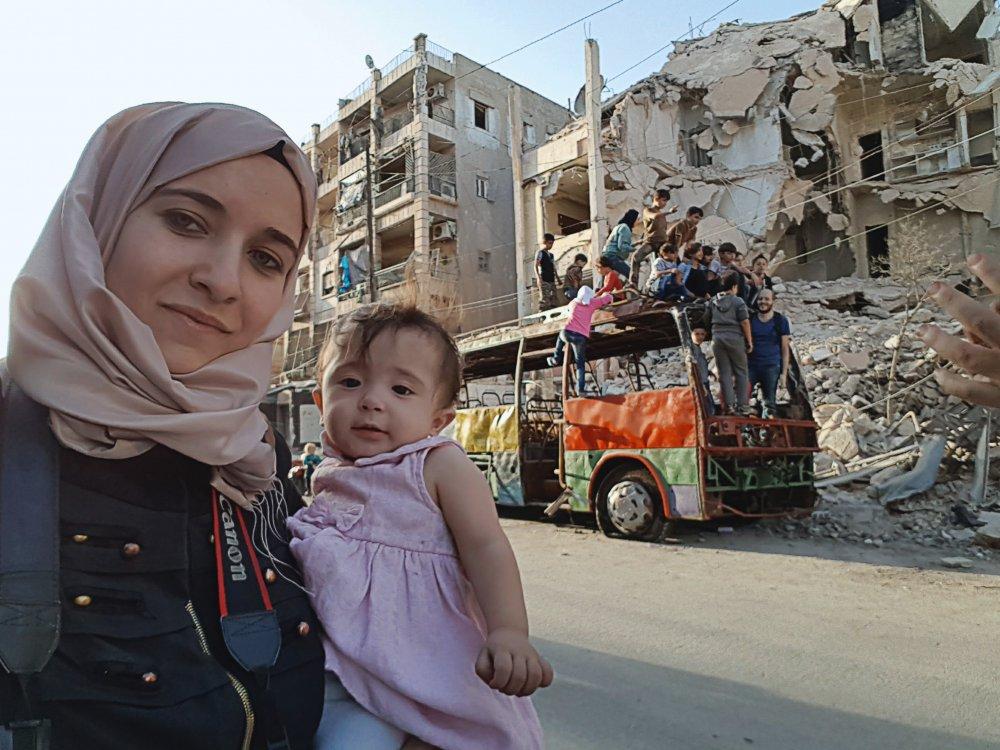
Over the past week, however, we Syrians feel a glimmer of hope to rebuild our lives. Perhaps we are living through a different moment now - a moment that could open doors to hope once more.
There are also challenges in newly liberated areas, where control is divided among armed factions such as Hayat Tahrir al-Sham, other Islamic groups, and the Free Syrian Army. Even so, I see positive changes in some areas. Statements from factions and organisations in regions such as Aleppo and Hama now speak of people’s rights, and a commitment to the revolution’s principles of justice and dignity. It’s remarkable to hear voices on the ground confirming these attitudes. Compared to the past, when such statements were often just political propaganda to appeal to international audiences, the current situation feels different.
Still, we cannot ignore the risks. These changes may remain experimental, as geopolitical challenges and foreign interventions continue to heavily influence the situation. We worry that some powers might impose agendas on the Syrian people that do not reflect their true aspirations. There is always the fear of becoming pawns in international negotiations that disregard our rights.
But no matter what, I don’t believe that the situation will be worse than the past. We have nothing left to lose. Yes, the conditions are tough, but they are not worse than life under Assad. Our priority is supporting civil society – whether in healthcare, education, or human rights – through genuine actions on the ground. We need to stand together, to raise our voices, and to ensure no violations go unchallenged.
This past week, I have cried so many times – sometimes from joy, sometimes from heartbreak. It was deeply moving to see people return to their homes after years of absence, families reunited after long separations. These are people who suffered displacement and exile, and now they are finding their way back.
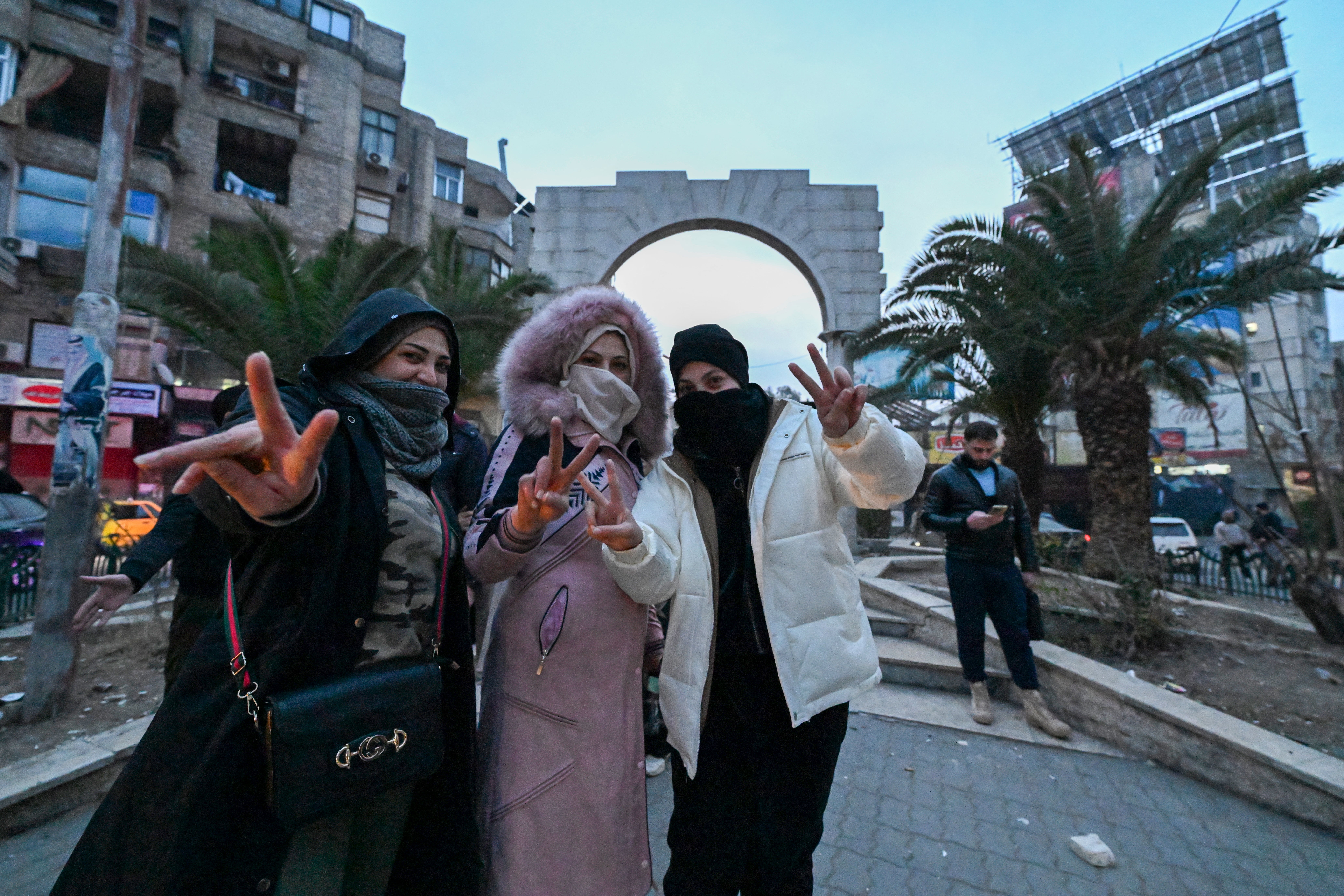
Other moments were bittersweet: activists standing in the streets of a city we’ve longed for, capturing its essence with their cameras. Such scenes remind us of a homeland lost, yet affirm that we are still alive and that we still believe this is the beginning of something new.
Most emotional of all was seeing political prisoners, who had disappeared for years, finally regain their freedom. They had been hidden from their families, their fates unknown. But now they are back. It’s almost impossible to believe it’s real. In the face of such pain, how can we not be happy?
The dream of a free Syria is what drives us to stand here today, at this new crossroads filled with both hopes and fears. No one knows what tomorrow will bring, but what I do know is that the seed of the revolution is still alive within each of us.
Today, we remind ourselves that no matter the challenges ahead, we will continue to walk this path toward hope, toward the dream of freedom and dignity. We know the road is long and full of obstacles, but we also know that the dream that began in 2011 will never fade, no matter how much time passes.
We dared to dream, and we will never regret choosing dignity.

